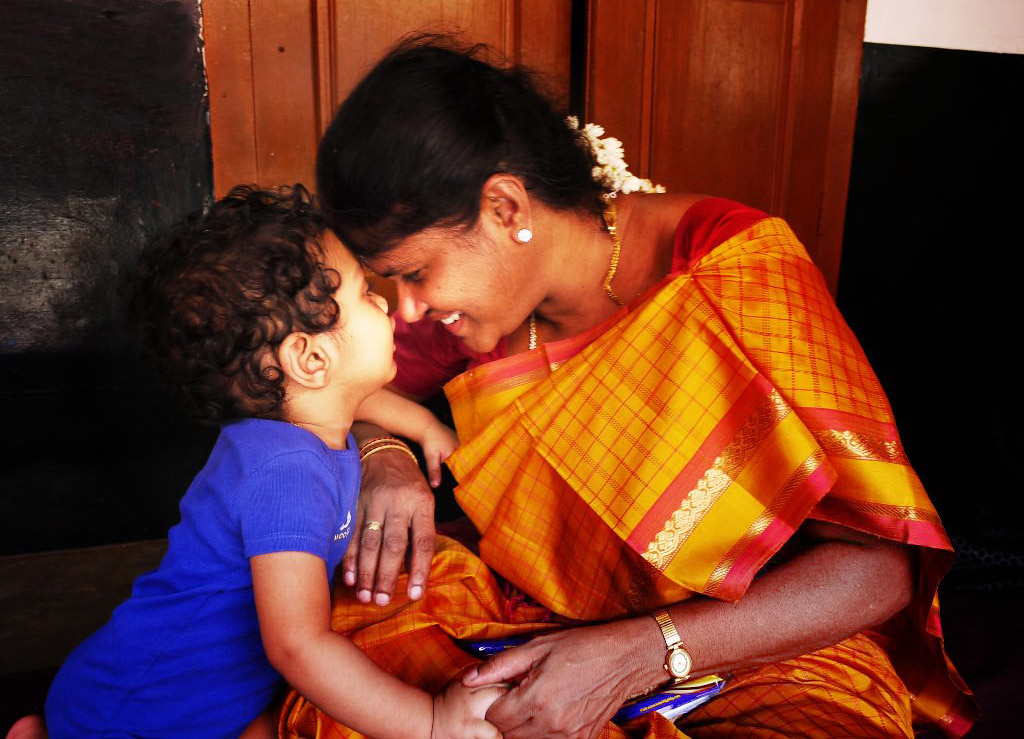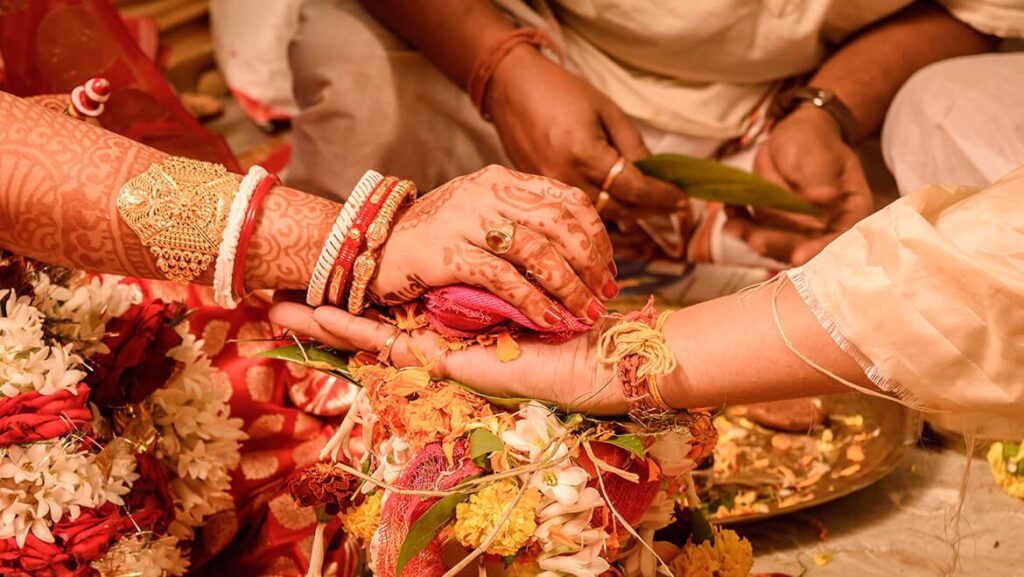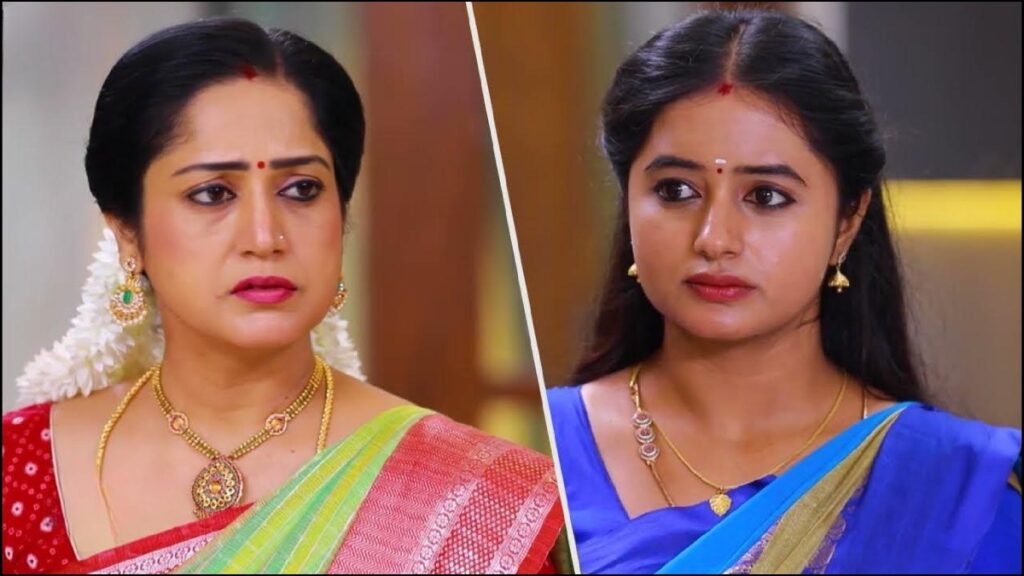
In Tamil culture, women are the backbone of the family, with their roles being revered and valued. However, these roles are not always simple, and women often find themselves taking stands in different aspects of life to uphold family values, ensure harmony, and assert their identity. This article explores how a Tamil woman takes stands in various roles: as a daughter, wife, daughter-in-law, mother, and mother-in-law. Each role comes with its own unique challenges, responsibilities, and opportunities for personal growth and empowerment.
1. The Daughter: Upholding Family Values and Tradition

In Tamil culture, the daughter holds a special place in the family structure. Traditionally, daughters are seen as the guardians of family values, customs, and rituals. However, the modern-day daughter is increasingly asserting her independence while respecting the age-old traditions.
- Stand on Education and Career: Today’s Tamil daughter is more educated and career-driven than ever before. While respecting the wisdom of elders, she is also challenging societal norms that once dictated that her role was primarily to maintain the home. Many daughters in Tamil families are breaking barriers by pursuing higher education, excelling in their careers, and contributing economically to the family.
- Stand on Marriage and Independence: Tamil daughters are now taking a more proactive stance in choosing their partners. While parental consent and family approval still hold significant value, more young women are asserting their choices in marriage, driven by love, compatibility, and mutual respect, rather than solely familial arrangements.
- Emotional Support: A daughter also takes the role of an emotional support system for her parents. Whether it’s caring for aging parents or offering advice in times of trouble, a daughter in Tamil culture often plays the role of the emotional anchor for the family.
2. The Wife: Balancing Tradition and Modernity

As a wife in Tamil culture, a woman’s role has traditionally been seen as that of a homemaker and nurturer. However, as society progresses, women in this role are increasingly asserting their voices and making decisions alongside their husbands.
- Stand on Equality and Respect: Modern Tamil wives demand mutual respect and equality in marriage. Although the foundation of marriage is still deeply rooted in respect for elders and the family unit, many wives today are challenging age-old expectations by seeking an equal partnership with their husbands. They make decisions about finances, child-rearing, and household management together, fostering an environment of partnership rather than submission.
- Balancing Career and Home: Many Tamil wives are managing both professional careers and household responsibilities. Balancing work-life dynamics can be a challenging stand, but it’s increasingly accepted and supported in contemporary Tamil families. This shift reflects an evolving understanding of gender roles, where both partners share the responsibilities of family life.
3. The Daughter-in-Law: Navigating Traditional Expectations with Grace

In Tamil culture, the daughter-in-law often faces unique expectations and challenges. She is expected to adjust to a new family structure, adopt its customs, and navigate her relationship with her in-laws with respect and understanding.
- Stand on Family Dynamics: The daughter-in-law’s role often involves a delicate balancing act. In traditional Tamil families, she is expected to uphold family traditions, help with household chores, and care for her in-laws. However, many modern Tamil women are redefining this role by seeking equality and respect from their in-laws, advocating for better communication and a more balanced family environment.
- Stand on Personal Boundaries: One of the most significant ways in which a Tamil daughter-in-law is taking a stand is by asserting her personal boundaries. This includes being able to manage her time, make decisions for her own well-being, and negotiate with her in-laws without compromising her sense of self. While tradition still plays a key role, many daughter-in-laws are carving out a space for their individuality within the family structure.
4. The Mother: The Pillar of Family and Nurturing Future Generations

In Tamil culture, the mother holds a position of unparalleled importance. She is seen as the nurturer, the guide, and the moral compass of the family. Her role as a mother often extends beyond her own children, influencing her community and society as a whole.
- Stand on Child-Rearing: Tamil mothers today are increasingly taking a stand in ensuring the holistic development of their children. Beyond academic success, mothers are focusing on imparting values of compassion, respect, and equality. They are involved in their children’s upbringing, advocating for mental health awareness, and fostering an environment where both daughters and sons are given equal opportunities to grow.
- Stand on Career and Ambition: Many Tamil mothers are redefining the narrative of motherhood. They are actively pursuing their careers while raising children, challenging the notion that a woman must choose between her career and her family. Tamil mothers are proving that it’s possible to be both ambitious and nurturing, creating a more flexible definition of motherhood.
- Stand on Emotional Labor: Tamil mothers also take a stand in addressing the emotional labor that often falls on them. Recognizing the mental load they carry in managing family dynamics, some mothers are advocating for shared responsibilities and more recognition of their emotional contributions.
5. The Mother-in-Law: A Figure of Wisdom and Authority

The role of a mother-in-law in Tamil culture is complex. Traditionally, she is the matriarch who holds significant authority within the household. However, in contemporary times, her role is evolving, and many are redefining how she interacts with her daughter-in-law, her son, and the broader family.
- Stand on Relationship with Daughter-in-Law: In recent years, many Tamil mothers-in-law have begun to recognize the importance of fostering healthy, respectful relationships with their daughters-in-law. Rather than assuming control over household matters, they are adopting a more supportive, advisory role. The evolving dynamics call for understanding, where a mother-in-law respects her daughter-in-law’s boundaries while offering wisdom and guidance.
- Stand on Intergenerational Balance: Tamil mothers-in-law are also taking stands to create more harmonious relationships across generations. They are acknowledging that the younger generation may have different views on family and marriage and are embracing changes in cultural practices, sometimes advocating for compromise and mutual respect between the generations.
- Stand on Legacy and Family Values: As the torchbearers of family legacy, Tamil mothers-in-law are also responsible for passing down cultural values and traditions. However, they are increasingly open to modern interpretations of these values, blending tradition with contemporary perspectives.
The Evolving Role of Women in Tamil Culture
The role of women in Tamil culture is multifaceted, and the way they take stands in their roles as daughters, wives, daughters-in-law, mothers, and mothers-in-law is continually evolving. While traditional values continue to play a significant part in shaping these roles, women are increasingly asserting their rights to equality, respect, and independence.
Women in Tamil culture are not merely passive participants in their families; they are active, dynamic individuals who contribute to the growth and development of their families and society as a whole. From the confident daughter seeking an education and career to the modern mother balancing work and family, each role represents a woman’s ability to stand strong, challenge norms, and redefine what it means to be a woman in Tamil society.








